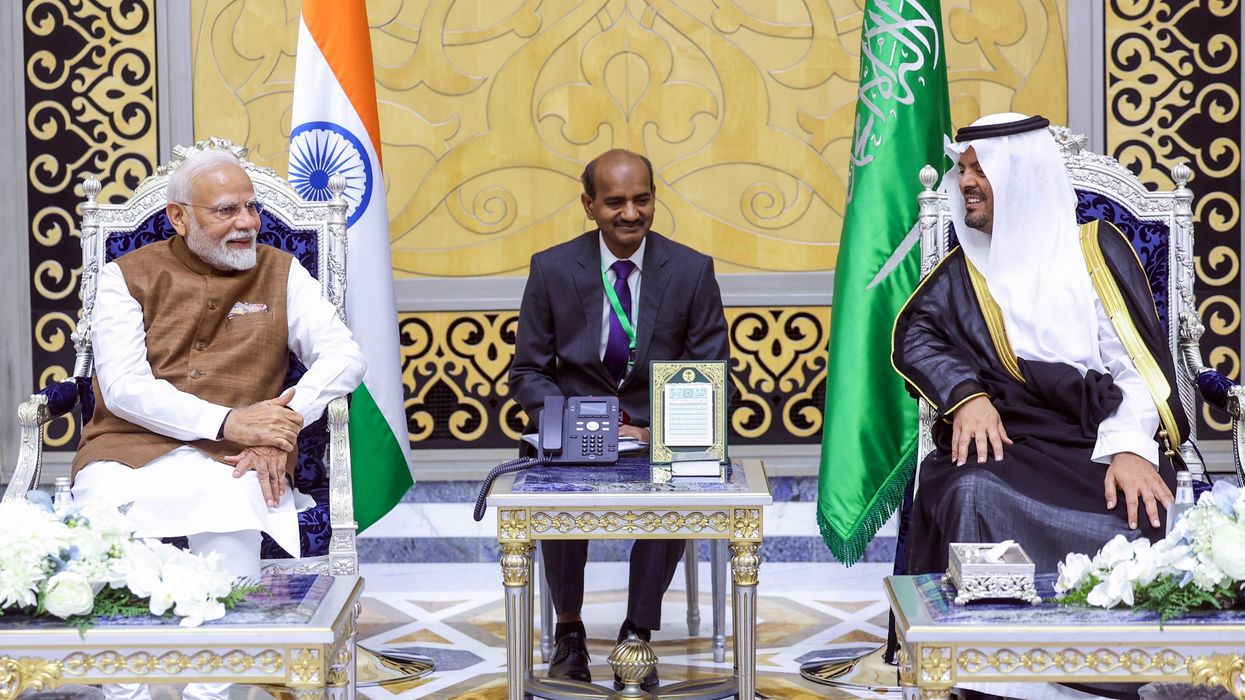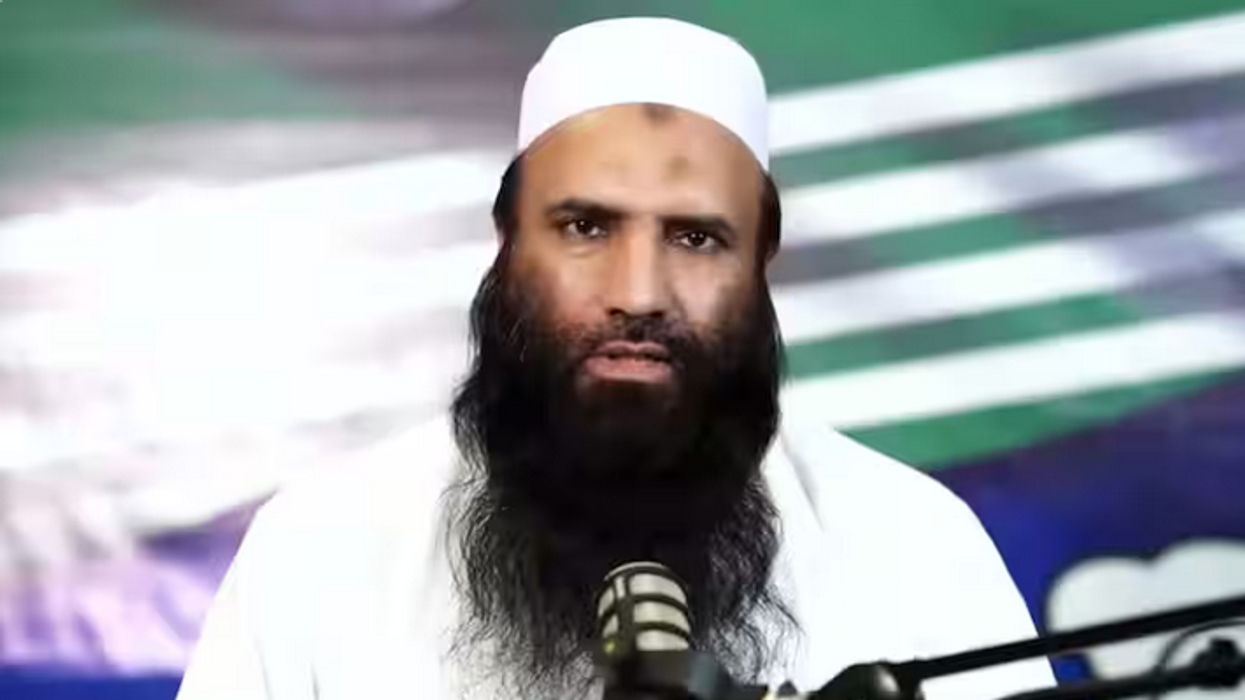Almost a year after the Easter Sunday terror attack, Sri Lanka now mulls to ban the burqa. A Sri Lankan parliamentary committee on national security has proposed an immediate ban on the burqa.
It also suggests suspending the registration of political parties on an ethnic and religious basis, following the Easter Sunday terror attack that killed over 250 people.
A burqa is an enveloping outer garment which covers the body and the face that is worn by women in Islamic traditions.
If this becomes a reality, Sri Lanka will be the first country in Asia to impose such a ban.
The proposals featured in a special report presented in Parliament recently to resolve 14 controversial issues following the April 21 Easter attack in 2019.
The report was tabled by MP Malith Jayatilaka, Chairman Sectoral Oversight Committee on National Security.
France was the first country in Europe to ban Islamic face veils, almost a decade ago. Countries such as The Netherlands, Belgium, Bulgaria, Switzerland, Italy, Denmark and Chad have banned the burqa.
The report suggested that the police should have the power to ask anyone wearing a face covering in a public place to take off such clothing to establish the identity of the person.
If such a request is not complied with, police should have the power to arrest the individual without a warrant, the report said.
It also recommended the country's Election Commission to enact legislation to suspend the registration of political parties on an ethnic and religious basis.
The report states that all students studying in madrassas should be absorbed into the normal school system under the Ministry of Education within three years.
The report also proposes to establish a special committee to regulate the madrasas under the Department of Muslim Religious and Cultural Affairs.
Islam is a minority religion in Sri Lanka. Around 9.7% of the Sri Lankan population practice Islam. As many as 1,967,227 persons adhere to Islam as per the census of 2012, official data said.
Last year, nine suicide bombers belonging to local Islamist extremist group National Thawheed Jamaat (NTJ) have carried out a series of devastating blasts in three churches and three luxury hotels on the Easter Sunday, killing 258 people, including 11 Indians.


















